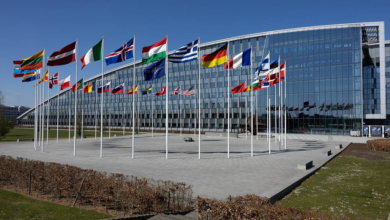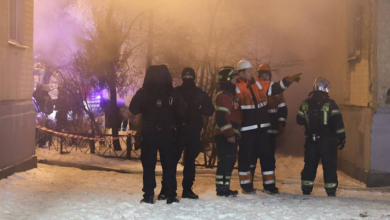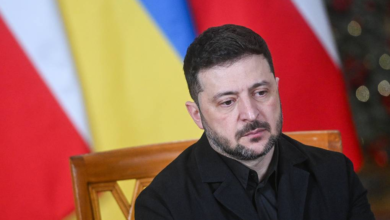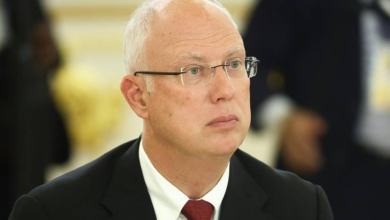Artificial intelligence poised to revolutionize critical medical care, saving lives,” says Russian Ministry of Health expert


During the recent Future Technologies Forum, Sergei Bagnenko, chief freelance specialist in emergency medical care of the Russian Ministry of Health, highlighted the pivotal role of artificial intelligence (AI) in optimizing medical care for patients in critical conditions.
Pavlov First St. Petersburg State Medical University is spearheading the integration of AI across various facets of healthcare, including image processing for instrumental diagnostics, logistics, and data analysis across medical specialties. Bagnenko emphasized that AI serves as a tool to alleviate the burden on healthcare professionals.
By swiftly processing patient information during initial assessments, AI aids in identifying risk groups, enabling doctors to make informed diagnoses and treatment decisions based on comprehensive data sets.
AI’s potential is particularly promising in intensive care units, where continuous, round-the-clock monitoring is essential. Bagnenko noted that AI excels in record-keeping, data analysis, and rapid response to changes in a patient’s condition without succumbing to fatigue.
Furthermore, AI offers remote coordination capabilities, enhancing the quality and efficiency of medical care provision, especially in regions with sparse populations and high volumes of emergency incidents.
“In areas characterized by low population density and frequent emergency occurrences across Russia, AI plays a pivotal role in processing patient flow data and optimizing patient routing,” added Sergei Bagnenko.












